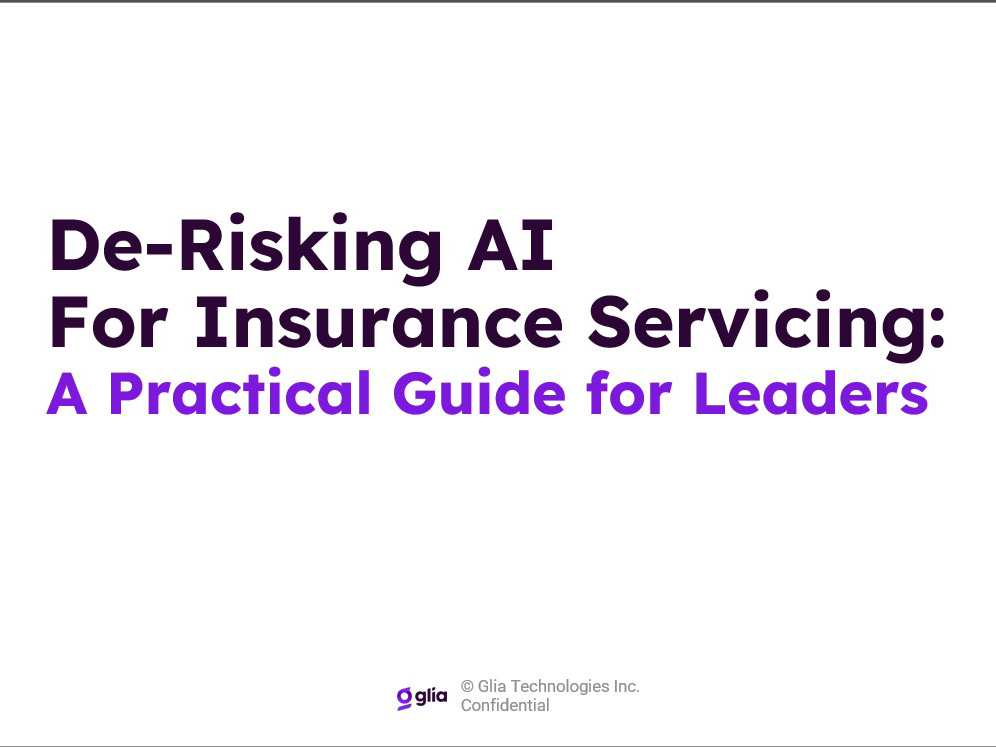ESG Mandates March into Anti-Bribery and Corruption Policies; What That Means for the Long-Term

Kroll recently released its 2021 Anti-Bribery and Corruption Report, surveying hundreds of senior compliance and risk professionals globally on the anti-bribery and corruption (ABC) landscape, and among the most striking findings were that 70% of respondents indicated that environmental, social and governance (ESG) should be included in ABC programs.
“Environmental, social, governance is becoming more prominent from a corporate culture and a corporate citizenship point of view,” said Steven Bock, global head of the compliance risk and diligence practice of Kroll, a premier provider of services and digital products related to governance, risk, and transparency.
“There are not yet clear and defined regulations, but it’s more reputational.”
Contributing to those reputational concerns are an increasing emphasis on diversity and inclusion and climate concerns among the public.
“I think it is a growing public awareness and a growing public view that corporations now should no longer only be held accountable to producing a quality product or from a shareholder and a stockholder point of view, producing a profit,” said Bock.
“They need to have some corporate citizenship responsibilities, and that’s becoming more prominent.”
While the relationship between ESG and ABC may not be readily apparent, there are structural and logical connections.
Looking at ESG More Thoroughly
As the report states, “An increase in investor and shareholder focus on environmental, social and governance (ESG) has further emphasized the link between a robust ABC program and a company’s ESG compliance, because all aspects of an ESG investment can be undermined by instances of bribery and corruption.”

Steven Bock, global head of the compliance risk and diligence practice, Kroll
Internal structural reasons support this relationship as well: “Organizationally, the compliance leaders, the risk managers that are responsible for the firm’s overall anti-bribery and corruption programs, have been tasked to incorporate ESG regulations, ESG concerns, ESG challenges.”
Another connection between ABC and ESG stems from an increased reliance on third parties.
“There’s an increasing dependence on third parties, whether those third parties are suppliers, vendors, technology providers, service providers or product providers,” said Bock. And that means a greater reliance on due diligence.
“A large component of those programs have to do with due diligence and knowing who it is that you’re doing business with, whether it’s your customers, your suppliers or whomever.”
Where Is ESG Important?
While the increasing focus on ESG was seen in all regions, the extent of these trends and the factors driving them do vary by geography.
“The driver of ESG integration in compliance programs appears to be region-specific,” states the report. “ESG integration is also driven by regional economic and industrial factors. For example, the push for ESG in Latin America is primarily driven by environmental and social concerns stemming from the extractive industry’s negative impacts, while in the Asia-Pacific region the focus lies on business resilience and employee rights.”
While respondents from the U.S., Canada and Europe show somewhat less of an emphasis on ESG, the report anticipates growth in those areas, citing political trends in the U.S. and the recently enacted EU Sustainable Finance Disclosure Regulation (SFDR), which “requires some financial sector firms to disclose their ESG investment impact.”
The report details a similar disparity regarding ABC programs, with a greater emphasis in Asia/Pacific and Latin America. According to the report, “the percentage of people who believe that ABC programs create opportunities to capitalize on good governance and transparency may be linked to the perceived levels of corruption in the region.”
The report goes on to say that “for the U.S., Canada and the European regions, the lower reported importance of ABC programs to good corporate governance and transparency is likely tied to the several countries’ pre-existing strong bribery regulations, including the UK Bribery Act 2010, Canada’s Corruption of Foreign Public Officials Act, and the U.S. Foreign Corrupt Practices Act.”
Living in a Technological World
Technology plays an important role in these trends, both as a source of concern and a tool to deal with concerns.
“At the top of the list, 46% of the respondents indicated that cyber security and data breaches are the top reasons of increased risk,” the report notes.
This relates back to third party risk, as well as to the growth of work-from-home and remote work arrangements spurred on by the pandemic. As cyber security standards and best practices become codified into law, failure to meet those standards becomes not just a cyber security issue but also a compliance issue, as well.
“Data protection regulations such as the European Union’s GDPR [General Data Protection Regulation] are becoming more and more prevalent, prominent and challenging,” said Bock.
“From a data security, privacy and protection point of view, these ABC and senior compliance officers are responsible for a broader remit of responsibilities and concerns.”
Of course, technology can also be a key in helping confront those risks, especially automation, like AI and Machine learning.
“When employed correctly, automation can not only reduce overhead costs, but also support the scaling of operations, increase the speed and quality of a compliance team’s work, improve morale and help keep up with the exponential growth of information available,” the report says.
“In the due diligence world, automation tools have been successfully streamlining workflows and processes for some time now. What has been interesting to see is the rise of automation linked to specific technologies like AI and machine learning (ML) over the last few years.”
Surprisingly, while most respondents to the survey acknowledge the importance of technology in dealing with these challenges, notably few are fully utilizing AI and machine learning, which can be highly effective in helping to deal with these threats.
“Respondents came back to us in this survey and were comfortable with the use of technology, but yet, were not comfortable that they were applying as much artificial intelligence or machine learning,” said Bock. “So, there is opportunity for those areas of technology, artificial intelligence and machine learning, to play a much more prominent, a much more core role in the ABC programs and the ABC protections going forward.”
Bock expects many companies to take advantage of those opportunities in the coming years. He said, “If we were to blink our eyes, in five years, I think we would be amazed about the amount of technology that would be applied across these ABC programs to help them be more scalable and just be more safe and more robust.” &










